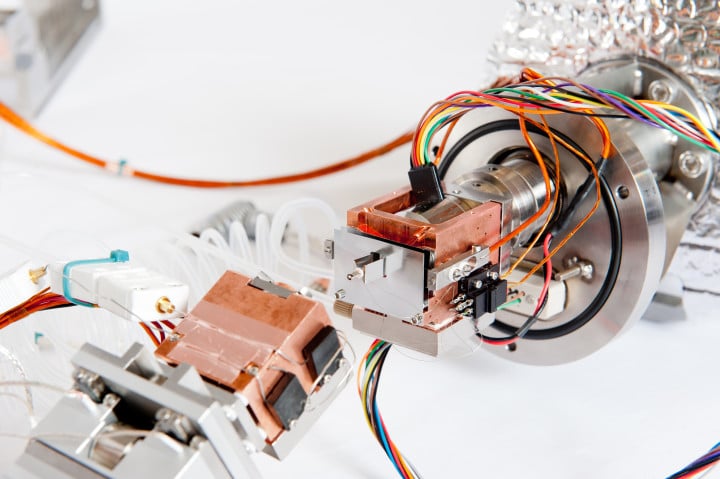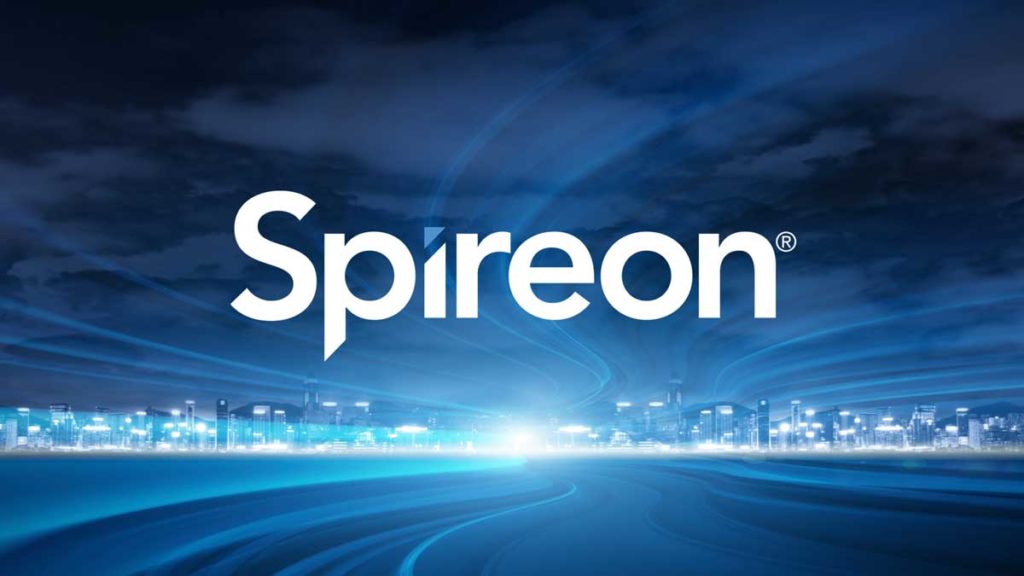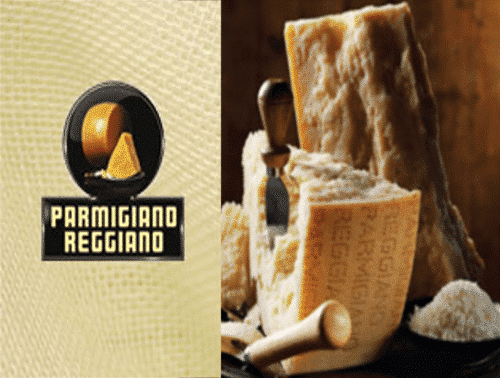Patent Post-Grant Proceedings
Patent challenges without litigation
In addition to examination of patent applications, the US Patent Office provides several options to patent owners and third parties for correcting errors and challenging the validity of issued patents. With extensive experience in handling such post-grant proceedings, our attorneys can assist clients to effectively use the proceedings to strengthen their patents and challenge competitors’ patents.
Correcting and Challenging Patents
Our Post-Grant Proceeding Services
Challenge or correct a patent
Expert guidance on post-grant proceeding options
Ex Parte Reexamination
The patent owner or any third party may file a request for the Patent Office to conduct a reexamination of an issued patent based on prior art patents and printed publications that they bring to the attention of the Patent Office. The Patent Office initiates a reexamination if the request shows that the prior art creates a substantial and new question of patentability. Although a request may be filed by any party, a third party requester is not allowed to participate after the Patent Office initiates the reexamination.
Reissue
Patent reissue is a Patent Office proceeding similar to examination of a regular patent application. It allows a patent owner to correct errors in a patent that would render the patent wholly or partly inoperative or invalid. If a request for reissue is filed within two years of patent issuance, the patent owner may be able to broaden the scope of the patent in some circumstances.
Inter Partes Review
Inter partes review is a trial proceeding conducted at the Patent Office in which a third party can challenge the patentability of an issued patent based on prior art patents and printed publications. For an inter partes review to be initiated, the third party must file a request showing that the prior art creates a reasonable likelihood that at least one challenged patent claim would be found invalid. If the requester has been sued by the patent owner, the request for inter partes review must be filed within one year of being sued.
Post Grant Review
Post-grant review is a trial proceeding conducted at the Patent Office to review the patentability of claims in a patent. The post-grant review procedure is similar to inter partes review. However, the grounds available for review are much broader than inter partes review. In addition to unpatentability based on prior patents and printed publications, post-grant review can include unpatentability based on public use or sale, nonenablement, unpatentable subject matter, and failure to comply with the written description requirement. A petition for post-grant review must be filed within nine months of a patent’s issuance. For technologies other than covered business methods, post-grant review is only available for patents with a filing date after March 15, 2013.
Covered Business Method Review
A covered business method review is a trial proceeding conducted at the Patent Office to review the patentability of claims in a patent covering a method or apparatus used in the practice, administration, or management of a financial product or service and that does not include a “technological invention.” A party may only file a petition for a Covered Business Method Review proceeding if the party has been sued for or charged with infringement of the patent.
Derivation Proceeding
A derivation proceeding is a trial proceeding that determines whether (i) an inventor named in an earlier application derived the claimed invention from an inventor named in the petitioner’s application, and (ii) the earlier application claiming such invention was filed without authorization. An applicant may file a petition to institute a derivation proceeding with the Patent Office only within one year of the first publication of a claim to an invention that is the same or substantially the same as the earlier application’s claim to the invention. Derivation proceedings are available for any application filed after March 15, 2013. Interference proceedings are an option for earlier filed applications.
Schedule a Free Consultation
Related Posts
Client Spotlight – Nanomechanics, Inc.
One of Luedeka Neely’s clients has become quite successful at thinking small. We mean really small. Nanomechanics, Inc., based in Oak Ridge, Tennessee, develops products for evaluating the mechanical performance of materials at the micro- and nano-levels. “Nano”...
Client Spotlight – Spireon, Inc.
We at Luedeka Neely believe that the success of our clients is an indicator of our success in helping them develop and protect their intellectual property. So, we are always happy to shine a light on our clients’ achievements. We are particularly proud to report...
Client Spotlight – Parmigiano Reggiano – Delizioso Formaggio!
Luedeka Neely is proud to represent the Consorzio del Formaggio Parmigiano-Reggiano, a consortium of Italian cheese producers that is responsible for promoting and protecting the world-famous PARMIGIANO REGGIANO name. Parmigiano Reggiano cheese, often...


